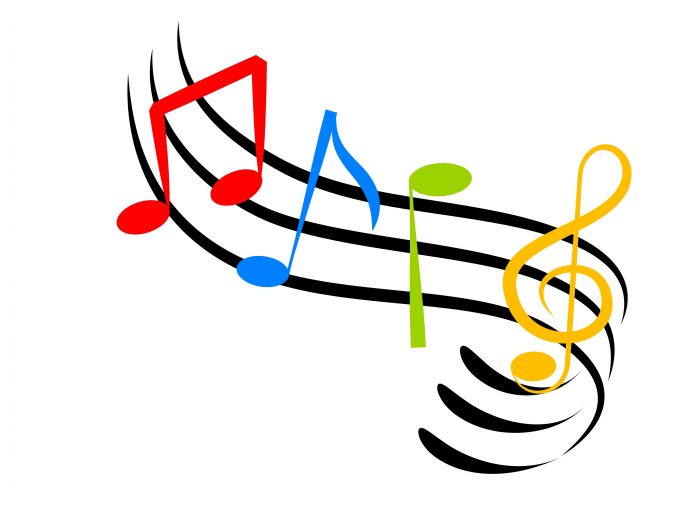We’ve long known that music can affect our moods, enhancing happiness or making us feel sad. But music is also a useful therapy tool for many diseases, including dementia. There are areas in our brain that respond to music and they are very close to the areas that control emotion, memory and mood.
What effect does music have on those with dementia?
- As those with dementia slowly lose their ability to do many things, the ability to appreciate music still remains. It gives dementia patients a way to continue to communicate with others.
- We all have had the experience of hearing a certain song and having it bring back a memory from long ago. It is the same with dementia patients. It helps with their memories and reminds them of a time when their lives were full.
How can a caregiver use music to help a patient with dementia?
- Try different types and styles of music to see how your patient reacts. Discover which music soothes them and which uplifts them and makes them happy.
- Try playing music from when they were young. It will help bring back memories of that time.
- If you yourself are a musician and play an instrument, try playing for your patient. Quiet ballads for when they need to sleep and happier songs like show tunes and musicals to attract their attention. If your patient is also a musician, this can be a way to bring you closer.
- As the stages of your patient’s dementia continue, add songs from when they were much younger. Lullabies and children’s tunes will have more meaning to them at this stage.
Music can help those with dementia by improving their moods which means taking less medication. It helps keep their heart healthy and boosts cognitive skills. For the full article on the power of music in dementia, click here.




























